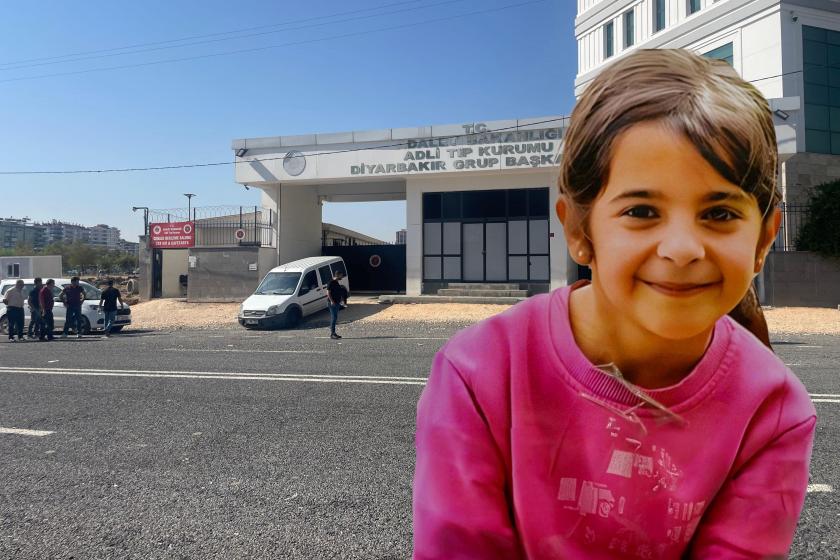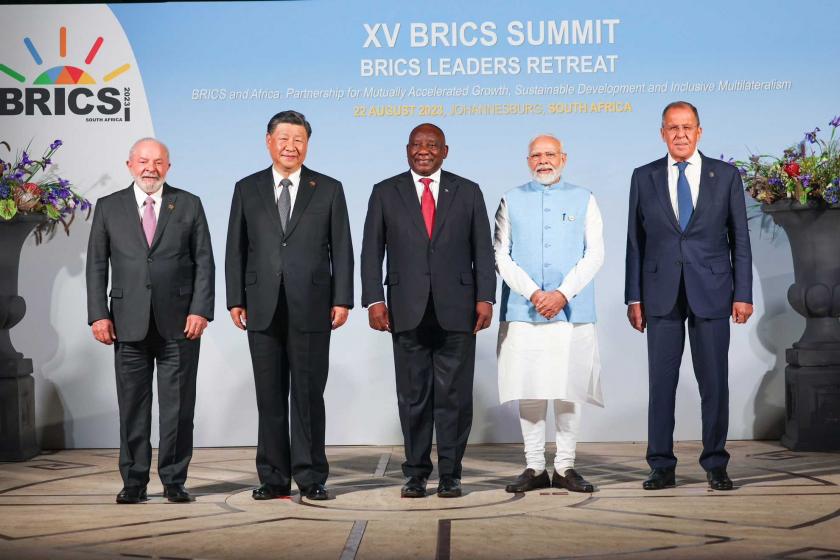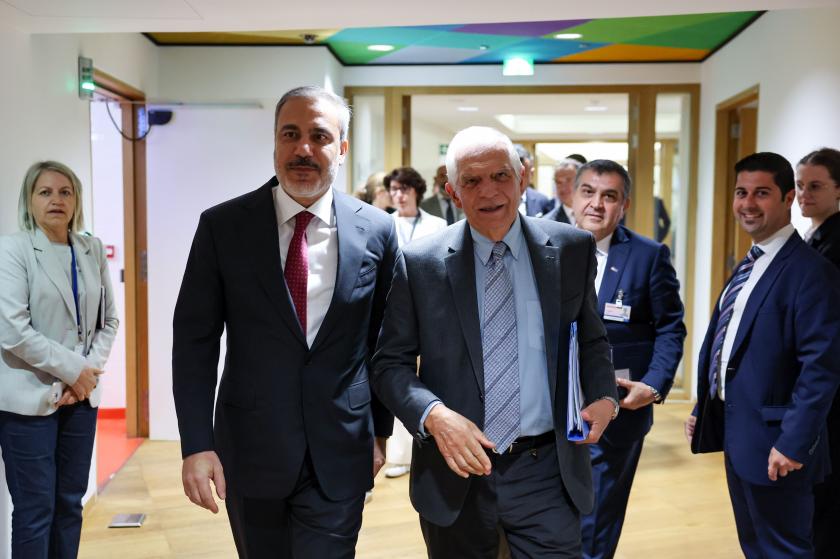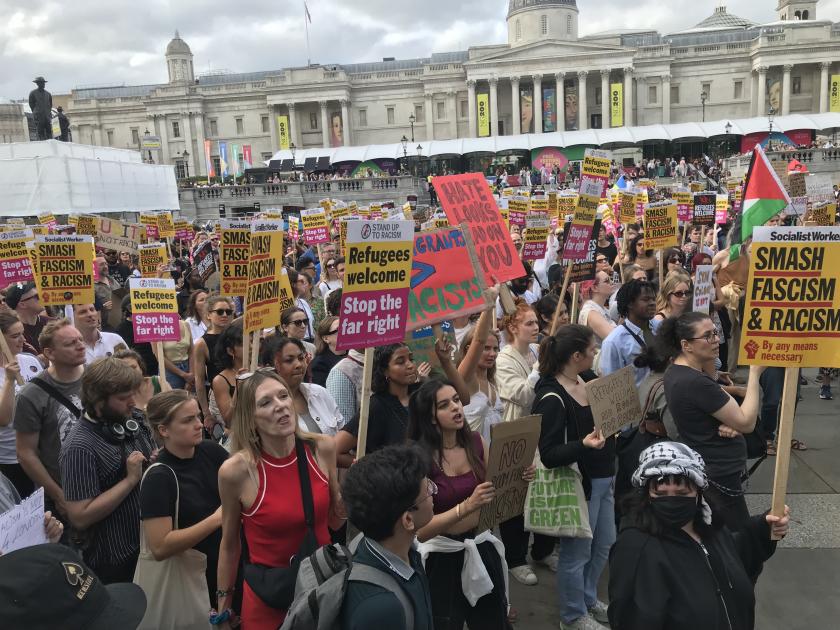17 August 2020 08:26
The Green Belt Project, referring to the US’s use of Islam as a defence strategy against communism since Jimmy Carter’s presidency between the years of 1977-81, is also part of the political narrative of the AKP’s founding echelons.
 Fatih Polat
Fatih Polat
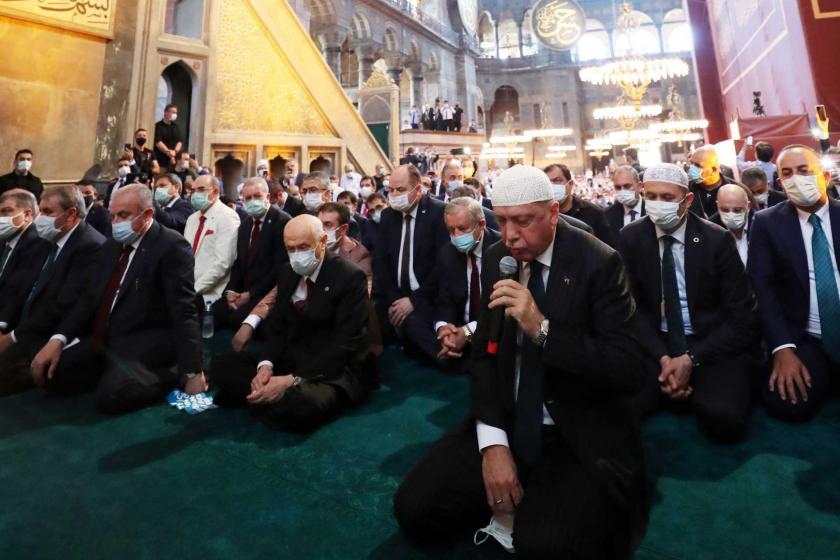
Photograph: DHA
The following three-sentence tweet that Presidential Spokesperson İbrahim Kalın recently posted sparked off hot debate among critics and supporters alike: “We are the children of a part of the world endowed with tales. Other people’s stories have been told to us for one hundred and fifty years under the name of modernization. It is high time to write our own story.” At the risk of testing your patience, it will also be the subject of this column combined with certain fresh developments in politics.
Had these words of Kalın’s been spoken by a political subject like Edward Said who is truly entitled to criticize orientalism, they may have deserved similar respect. Indeed, along with his critical contributions, there are also features of Said’s thinking that merit in-depth debate
in terms of the supraclass context in which he sets his thesis and a whole host of other perspectives. But since we are not dealing with Edward Said, let us return to “our own story.”
Ousted as single-governing party in the 7 June 2015 elections, the AKP Government incurred a hefty wound in terms of its ability to portray its own narrative as the narrative of the whole of society in the context of a struggle for political hegemony. The seriously wounded state in which it emerged from the most recent local elections when it drew a parallel between its own survival and the country’s survival has brought the
progressive deepening of the ruling structure’s narrative crisis into plain view. Absent this narrative crisis, the Hagia Sophia card would probably not even have come onto the agenda.
The spin attached nowadays by ruling circles to remarks by Joe Biden, US presidential candidate in the elections slated for November, that they may bring about a change of power by supporting opposition parties in Turkey is not unconnected with the self-same narrative crisis.
On the other hand, the following inference tweeted the day before yesterday by journalist Cansu Çamlıbel rings exceptionally true among all this hegemonic jockeying: “With Trump a candidate in 2016, he was taken to task in Ankara for his Islamophobia. There was plenty of high-pitched talk of Trump Towers’ name being changed and so on. Subsequently, all was sweetness and light. If Biden is elected, we will once more witness a craving for those White House poses.”
The Green Belt Project, referring to the US’s use of Islam as a defence strategy against communism since Jimmy Carter’s presidency between the years of 1977-81, is also part of the political narrative of the AKP’s founding echelons. At no time did snags experienced in relations with the US over regional interests dent the ambition surrounding the importance of striking a sincere pose framed in a photograph along with the US president, either.
The power structure, whose narrative Ahmet Davutoğlu yesterday endeavoured as Foreign Minister and Prime Minister to endow with importance with talk of “strategic depth,” is today trying to patch the hegemonic tear in its narrative using the Hagia Sophia card, a tweet by
İbrahim Kalın or a seven-month-old pronouncement by Joe Biden.
Let everyone speak its narrative and let everyone find their hearts’ desire in its narrative, while let everyone else’s narrative be capable of nothing more than tragedy. But, you see, there is no such “perfect world.” You might think in terms of the world always rotating
around you whatever you do, but, you see, the world is not that small.
If your narrative involves the incarceration of our colleague journalists or politicians voted for by millions, that narrative is tragedy and tyranny for us. If your narrative portrays work manslaughter to be “destiny” for miners and working under the risk of coronavirus “national duty,” or if the pauper’s loaf constantly diminishes, sights are even set on employees’ severance pay and the Istanbul Convention is targeted, you will remain stuck with this narrative. Perhaps if not today, then tomorrow. Let me wind up with an African saying that should forever ring in our ears: Until the lion learns how to write, every story will glorify the hunter.
(Translated by Tim DRAYTON)
